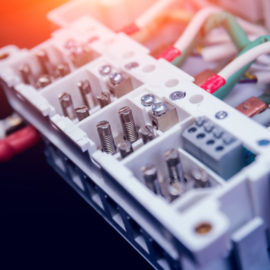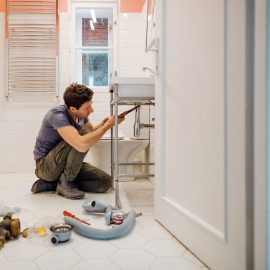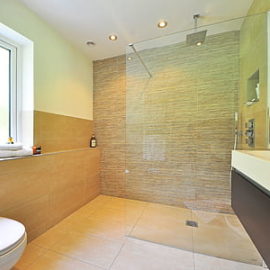
Despite their simple function, air conditioners are somewhat complex machines. They rely on several components to work. Your small mistakes can have huge negative impacts on the whole AC unit and so your general home comfort. This post covers the four most common AC mistakes that you should avoid and how you should maintain your air conditioner.
The 4 Common Mistakes
1. Improper size of your AC unit
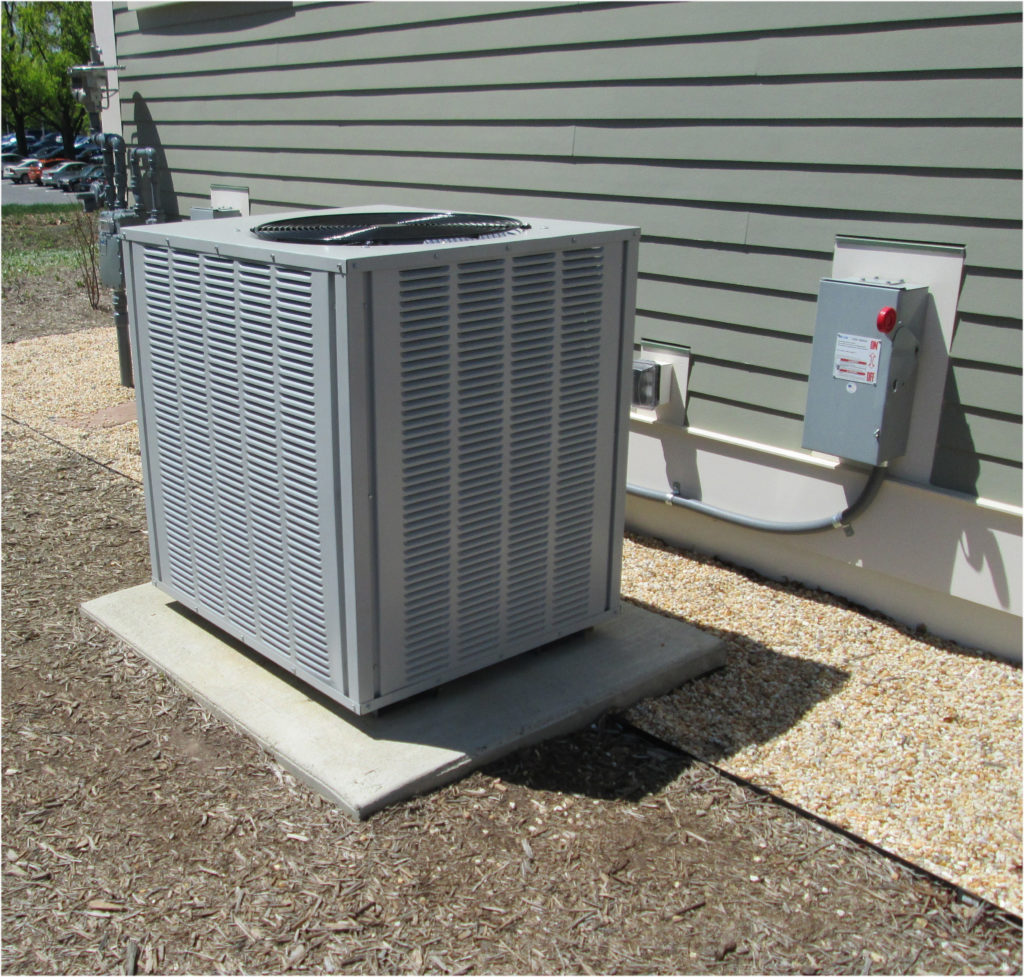
Bigger is not better, but size matter! An oversized cooling unit cycles on and off too many times. This results in inefficient power usage and uncomfortable temperature changes. An undersized cooling unit is as problematic. With a lower cooling capacity, the compressor will have to work harder and longer. Your utility bill will peak and your AC will wear out. This could be your expensive ticket for an AC repair down the road. Repairing the unit will not solve the issue for as long as you have the improper size.
Ensure your HVAC contractor does a complete load calculation. They should work out how much cooling capacity your home needs. They will take square footage, layout, insulation, and load-generating appliances into consideration. Following that, they will recommend the best size for your cooling needs.
If you need HVAC parts, North York Heating, Plumbing & Electrical Supplies Ltd. has an extensive line of HVAC supplies in Aurora including General and April air filters, humidifier pads, as well as a variety of sizes for return air grills.
2. Incorrect positioning
2.1 Avoid placement in direct sunlight
The location of your cooling unit has a huge impact on its energy efficiency. It may seem OK to put your bulky HVAC system in an unused corner on the side of the house. But, placement in direct sunlight can cause the machine to work harder. Instead, place the air conditioner in a shady spot. This way, it will use less power to cool your home.
2.2 Prevent shrubs from climbing around the compressor
Shrubs should not block your compressor. Leaving the outdoor unit free to breathe will improve ventilation and improve efficiency.
2.3 Incorrect thermostat settings
2.3.1 Position of the thermostat
Position the thermostat far from lamps and appliances that generate heat. If the thermostat gets too hot, it will be hard to control the ambient temperature.
2.3.2 Don’t turn the thermostat way too down
At times you want the air to get cooler right away. Don’t turn the thermostat way down to make the AC unit work faster to cool down the temperature. In fact, your cooling system will skip right past the ambient temperature. It will have to work harder while consuming more energy in the process. In the end, you will feel cold and uncomfortable.
You should set the thermostat to your comfortable temperature. For most people, that spot is somewhere between 24 and 25 degrees Celcius. Note that every degree makes a difference of about 7 percent in your unit’s power consumption. So, even a tiny change can make an enormous difference in your monthly utility bills.
3. Not using ceiling fans
Do not take the air conditioning unit to be a substitute for a fan. You need to have a ceiling fan running at the same time. North York Heating, Plumbing & Electrical Supplies Ltd. is geared towards providing HVAC-related electrical supplies, including ceiling fans, breakers, switches, box connectors and more.
The ceiling fan helps the AC unit to vent the air, which provides you with an effect of a cool breeze. You can choose to increase the temperature by 1-degree Celcius and keep the fan running. In this way, you save on your utility bills and also reduce the wear and tear of your AC unit.
4. Not changing the air filter
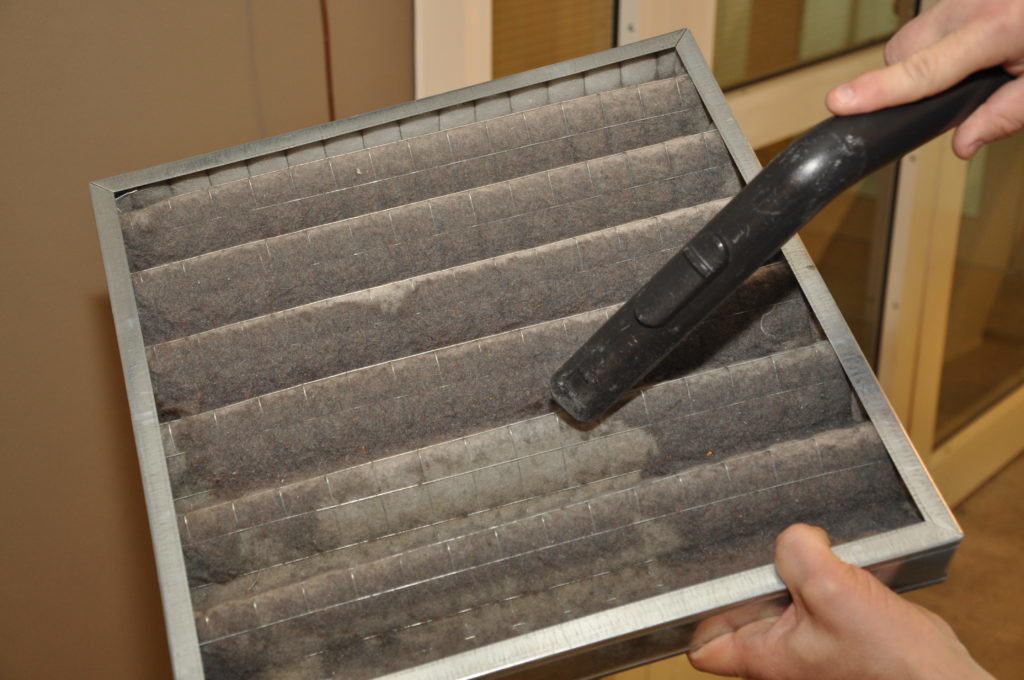
The air filter removes dust from the air before blowing cool air into your home. Every month the air filter becomes clogged with dirt and needs cleaning. The dirty air filter reduces the aircon efficiency that can lead to issues like freezing.
The 4 Preventive Measures
1. Routine Maintenance
You can request your HVAC professional to calibrate your unit’s energy efficiency. They can also check the refrigerant gauge to identify any emerging issues. A little prevention now can save you a lot on AC repairs later.
2. Do not open windows at the same time
It is good practice to open your windows at night to let in some fresh air. This way the air quality is not too dried. But, don’t do this when the AC is working. The system will find it hard to keep up with the ambient temperature.
3. Fix emerging issues
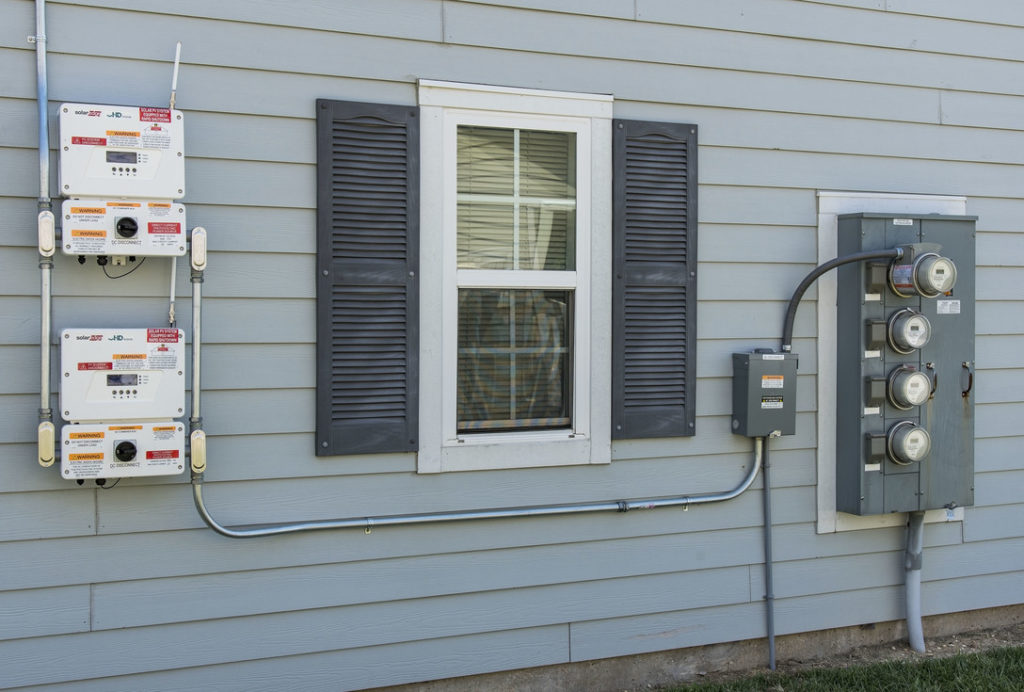
On a busy day, it is easy to keep the AC turn on despite a rattling sound and carry out with your daily activities. This is where it all goes wrong! The rattling sound is informing you of upcoming some issues. This requires immediate attention! You should call an HVAC professional at the earliest. Immediately switch the AC off, if you can tolerate some time without the AC.
4. Window seals

Ensure that your window seals are tight. Loose seals will make poor insulation. Your house will be absorbing heat from the outside. Some cool air inside your home will also be escaping thought the poor insulation. So, the aircon will have to run harder and harder until a breakdown.
Hope this post helps you to use and maintain your cooling system.

